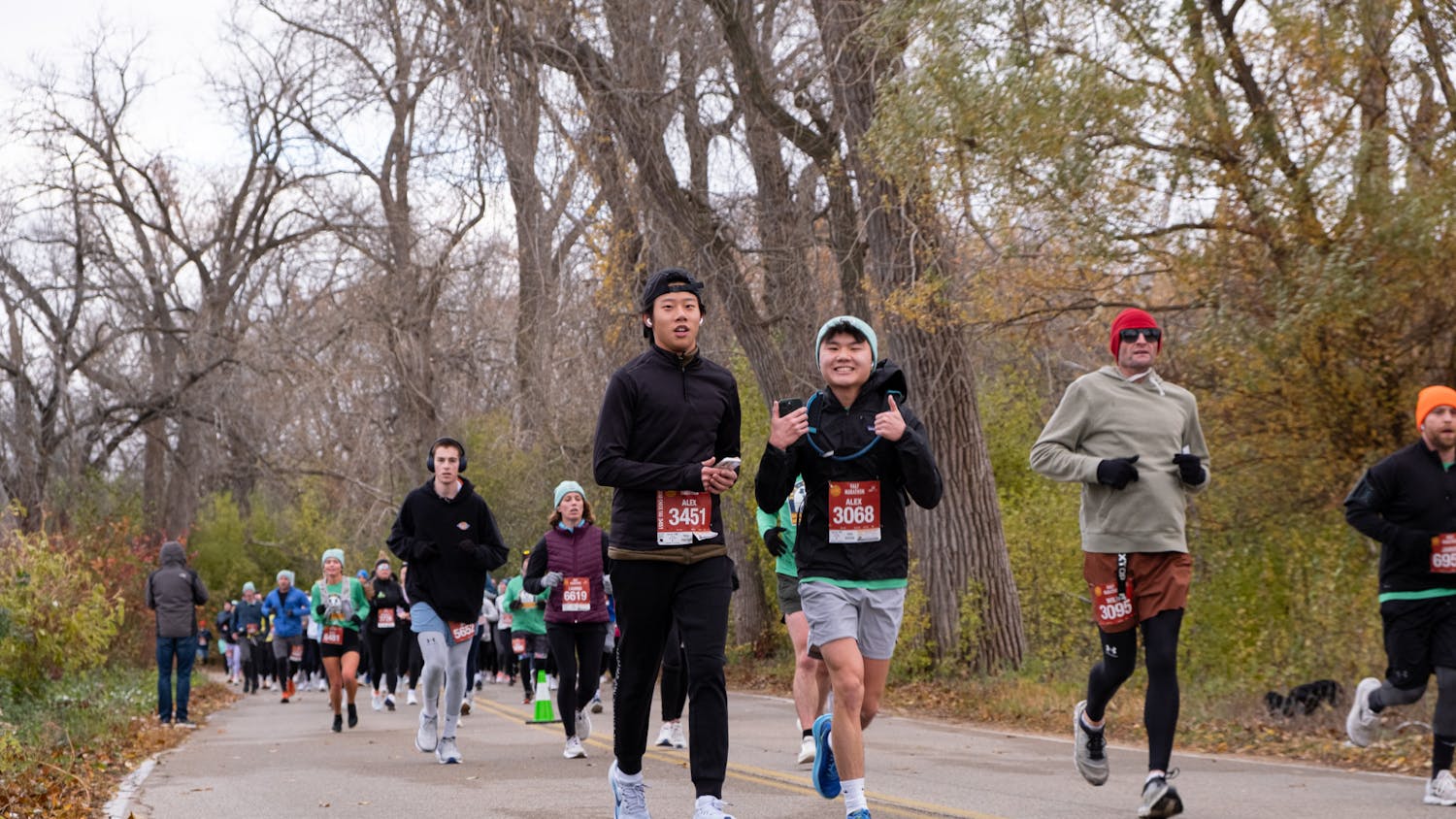A bill in the state legislature could further guarantee protection for those who use service animals such as guide dogs. Mark Miller, D-Monona, expects the bill, which will align Wisconsin law with the Americans with Disabilities Act, to pass unanimously.
Under the provisions of the bill, public establishments would be required to ensure full and equal enjoyment to those accompanied by a service animal through reasonable modifications of policies and procedures.
The need for service animals to wear a cape, leash or harness and provide proof that the animal had completed training would be eliminated. The law has also been extended to include alternate types of service animals, such as monkeys.
Advocates for service animals in Madison and the state said they agree that the importance of the bill should not be underestimated.
\The idea was to make the law clear as to what was allowed or required if you were in a public establishment,"" Miller said. ""If a person looked to state law for guidance on what the law required or allowed for dealing with people with disabilities, they would be misled.""
Businesses, such as restaurants, should not have to make any major modifications, but would be less likely to violate Wisconsin statutes because of discrepancies, he said.
According to Sarah Orstead, Execution Program Coordinator at WAGS, Inc., a local training facility for guide dogs, the significance of the bill would extend beyond politics as a means to raise public awareness throughout the state and the country. ""Fighting denial for access is a huge commitment that not a lot of people are willing to take on,"" Orstead said.
UW-Madison students who use service animals have also expressed their support of the bill, though they said they experience few problems.
Timothy Cordes, a graduate student at UW-Madison, said he had run into ""a few language and culture barriers,"" but added, ""if you explain it patiently enough, you can work it out.""
Service animal advocates agreed that their support lies in the importance of continued education and awareness.
""If there's legislation that will protect service animals from interference or impairment, I'm all for it,"" UW-Madison senior and guide-dog user Michael Hinrichs said.





